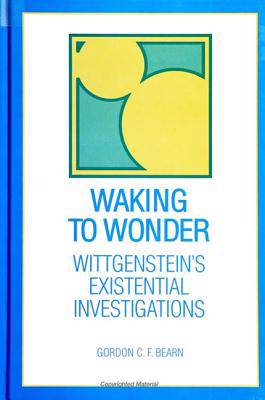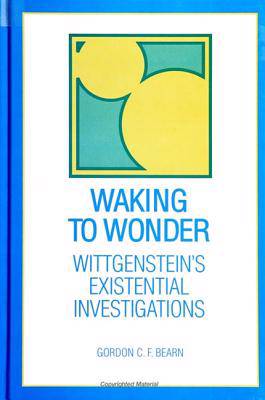
- Afhalen na 1 uur in een winkel met voorraad
- Gratis thuislevering in België vanaf € 30
- Ruim aanbod met 7 miljoen producten
- Afhalen na 1 uur in een winkel met voorraad
- Gratis thuislevering in België vanaf € 30
- Ruim aanbod met 7 miljoen producten
Omschrijving
The central claim of this book is that, early and late, Wittgenstein modelled his approach to existential meaning on his account of linguistic meaning. A reading of Nietzsche's The Birth of Tragedy sets up Bearn's reading of the existential point of Wittgenstein's Tractatus. Bearn argues that both books try to resolve our anxiety about the meaning of life by appeal to the deep, unutterable essence of the world.
Bearn argues that as Wittgenstein's and Nietzsche's thought matured, they both separately came to believe that the answer to our existential anxiety does not lie beneath the surfaces of our lives, but in our acceptance-Nietzsche's "Yes"-of the groundless details of those surfaces themselves: the wonder of the ordinary
Specificaties
Betrokkenen
- Auteur(s):
- Uitgeverij:
Inhoud
- Aantal bladzijden:
- 292
- Taal:
- Engels
- Reeks:
Eigenschappen
- Productcode (EAN):
- 9780791430293
- Verschijningsdatum:
- 16/01/1997
- Uitvoering:
- Hardcover
- Formaat:
- Genaaid
- Afmetingen:
- 159 mm x 237 mm
- Gewicht:
- 571 g

Alleen bij Standaard Boekhandel
Beoordelingen
We publiceren alleen reviews die voldoen aan de voorwaarden voor reviews. Bekijk onze voorwaarden voor reviews.









